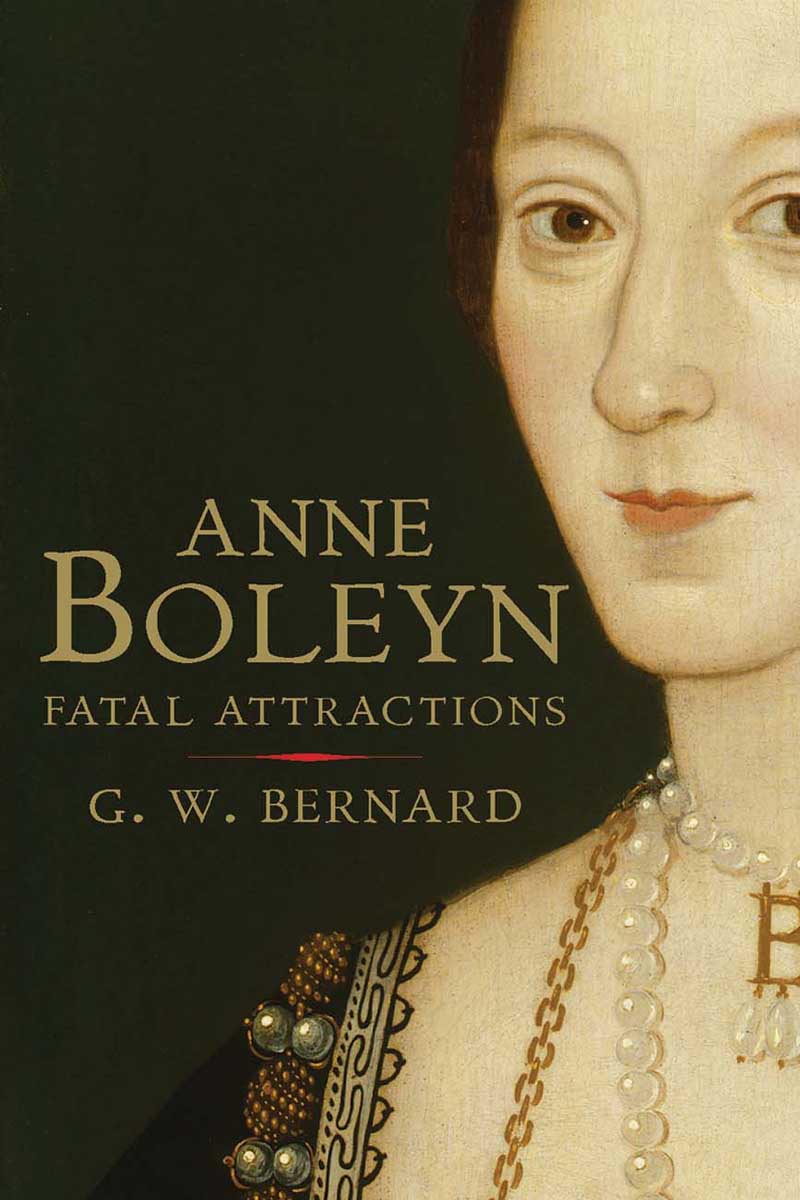ISBN: PB: 9780300170894
February 2011
256 pp.
19,8x13,0 cm
16 black&white illus.
PB:
13.99 GBP
QTY:
Categories:
Anne Boleyn
Fatal Attractions
In this groundbreaking new biography, G. W. Bernard offers a fresh portrait of one of England's most captivating queens. Through a wide-ranging forensic examination of sixteenth-century sources, Bernard reconsiders Boleyn's girlhood, her experience at the French court, the nature of her relationship with Henry, and the authenticity of her evangelical sympathies. He depicts Anne Boleyn as a captivating, intelligent, and highly sexual woman whose attractions Henry resisted for years until marriage could ensure legitimacy for their offspring. He shows that it was Henry, not Anne, who developed the ideas that led to the break with Rome. And, most radically, he argues that the allegations of adultery that led to Anne's execution in the Tower could be close to the truth.
About the author
George Bernard is Professor of Early Modern History at the University of Southampton, and Editor of the "English Historical Review". His most recent book was "The King's Reformation: Henry VIII & the Remaking of the English Church" (Yale, 2005). His earlier books include "Power & Politics in Tudor England" (2007) and "Studying at University" (2003).
Reviews
"Here at long last is a historian of great skill and persuasive power... who cuts through the fog of speculation to get to the woman herself, in a book whose accessible style will mean that most readers, like this one, will devour it in a single setting". -Alexander Lucie-Smith, Catholic Herald
"Bernard deals with historical reputations and questions of guilt and innocence in his magnificent new life of Anne Boleyn... It is brilliantly argued, sometimes exhaustingly so, but it will reward those who come to it with an open mind" – Linda Porter, History Today
"A close-up, fine-focus retelling of dysfunctional royal family history... G. W. Bernard argues that Anne Boleyn, King Henry's most controversial temporary queen was very different from her popular sanitised portrait" – Patrick Skene Catling, Irish Times
"It is energetic, contentious and refreshing, and an object lesson in how to write history without taking anything for granted" – Lucy Wooding, English Historical Review
"Bernard deals with historical reputations and questions of guilt and innocence in his magnificent new life of Anne Boleyn... It is brilliantly argued, sometimes exhaustingly so, but it will reward those who come to it with an open mind" – Linda Porter, History Today
"A close-up, fine-focus retelling of dysfunctional royal family history... G. W. Bernard argues that Anne Boleyn, King Henry's most controversial temporary queen was very different from her popular sanitised portrait" – Patrick Skene Catling, Irish Times
"It is energetic, contentious and refreshing, and an object lesson in how to write history without taking anything for granted" – Lucy Wooding, English Historical Review


